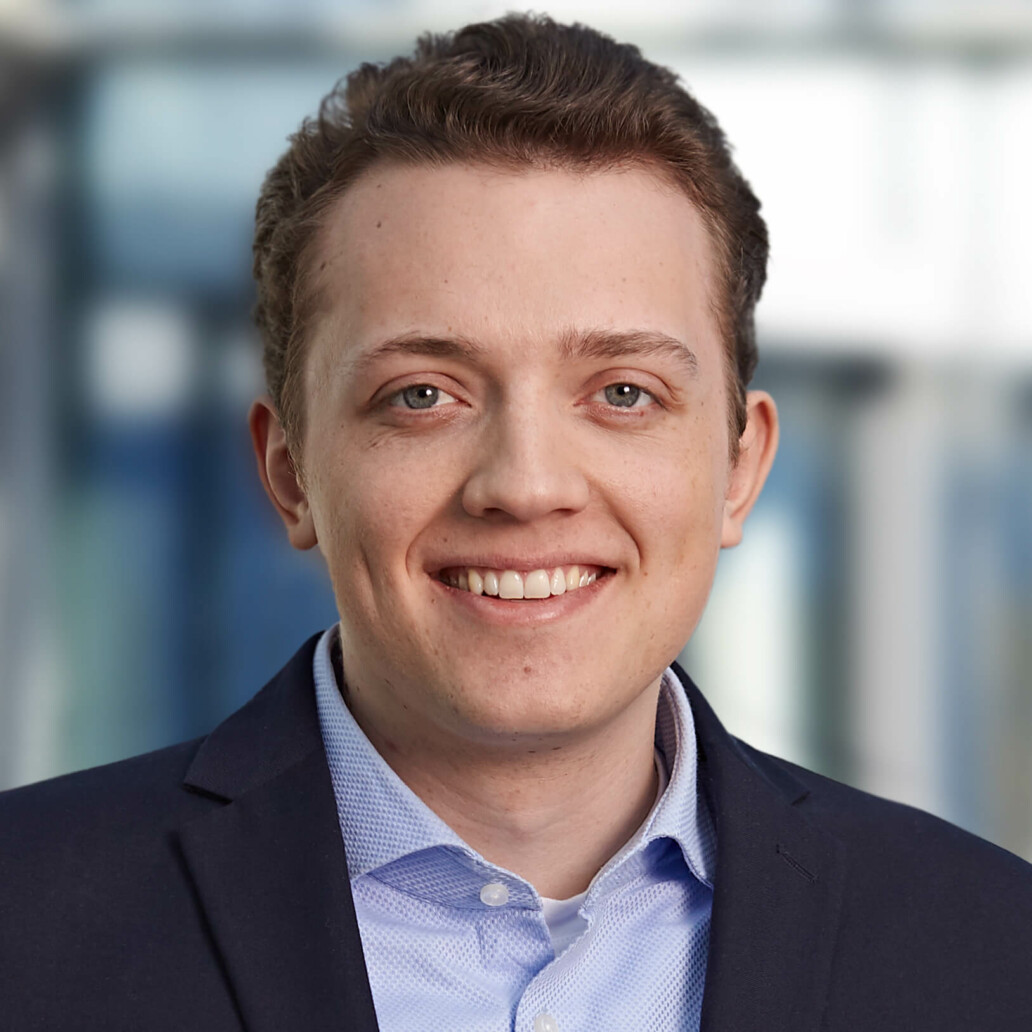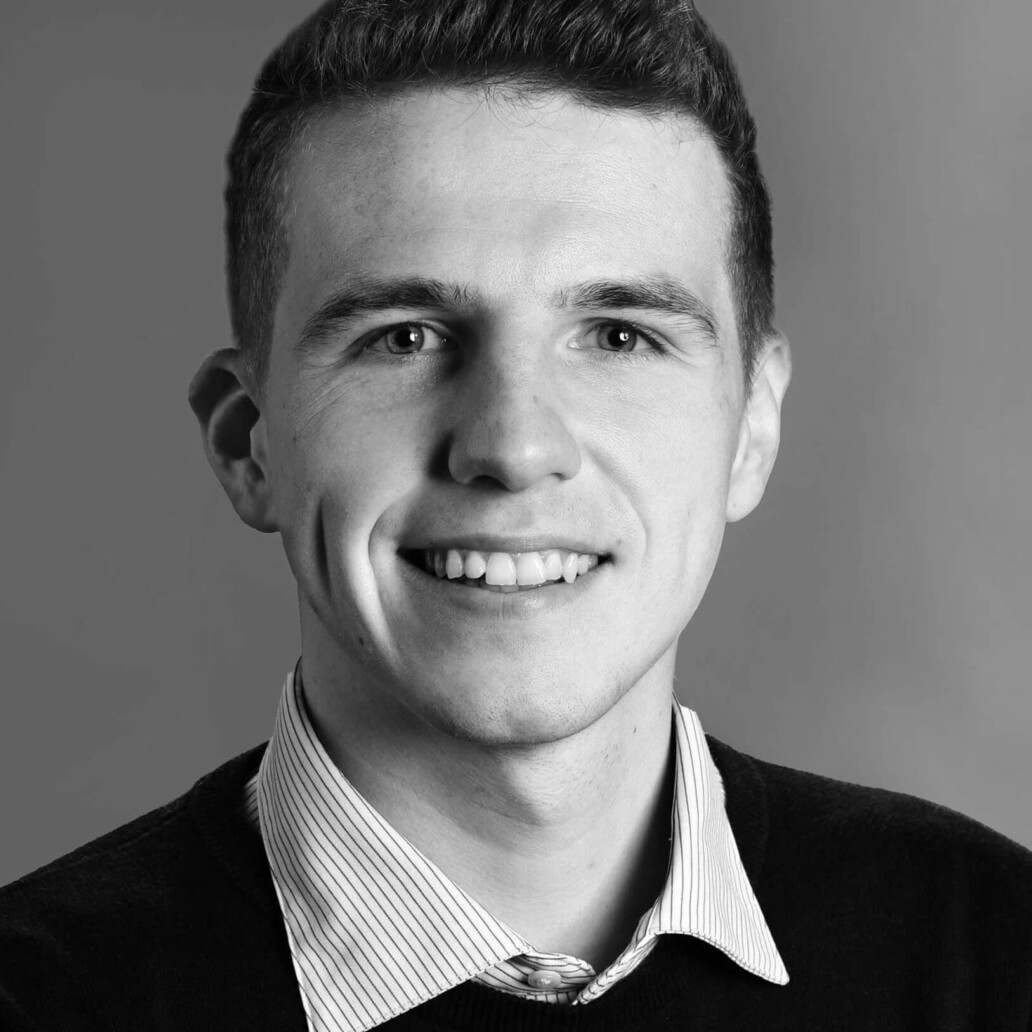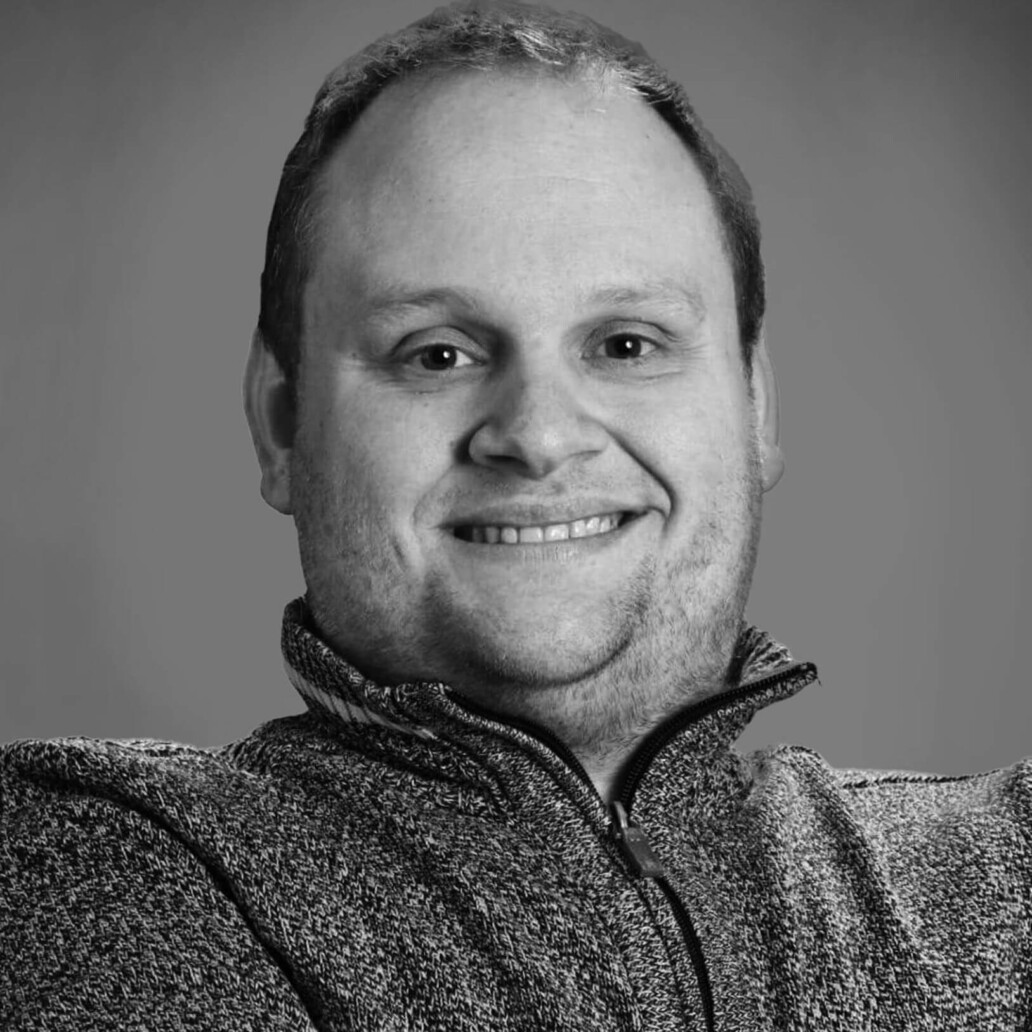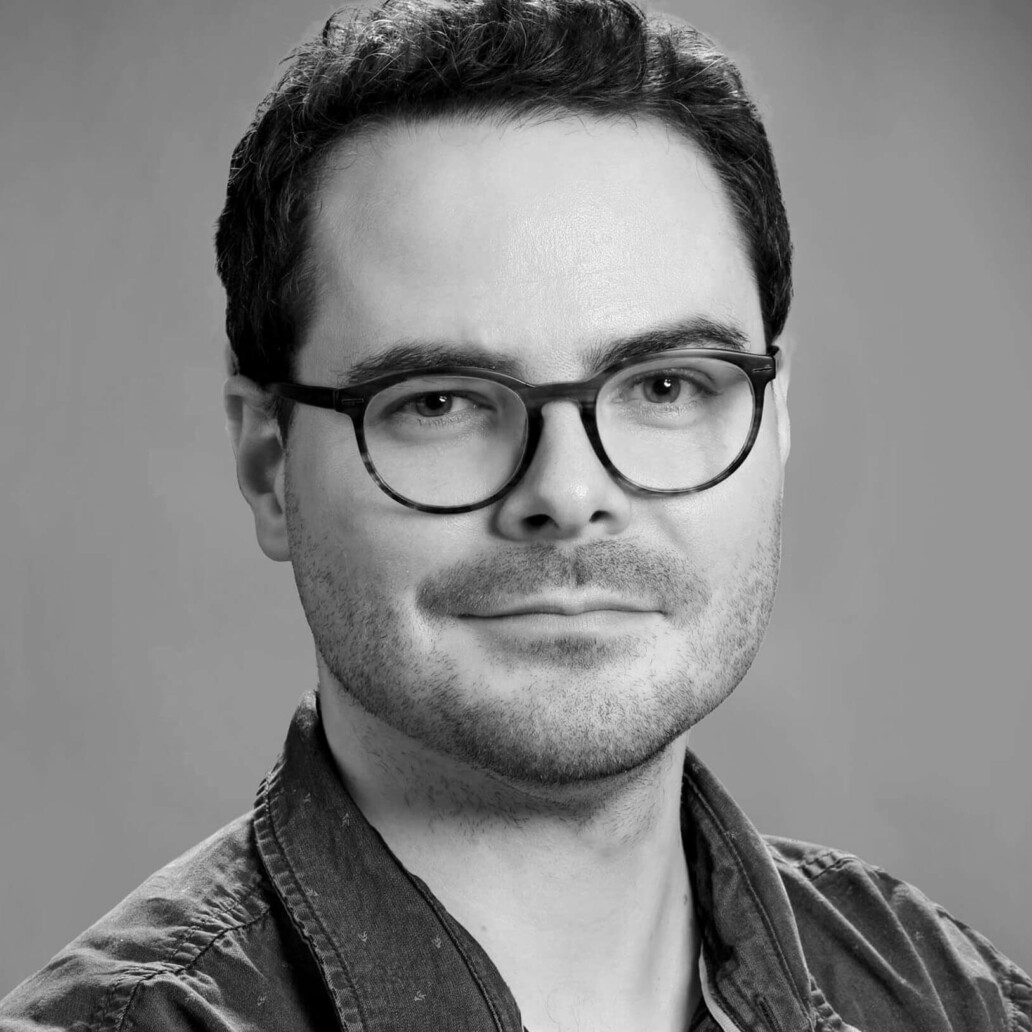Konstantin Saure
Month: March 2023
Master of Engineering (M. Eng.)
E-mail: konstantin.saure(at)inzin.de
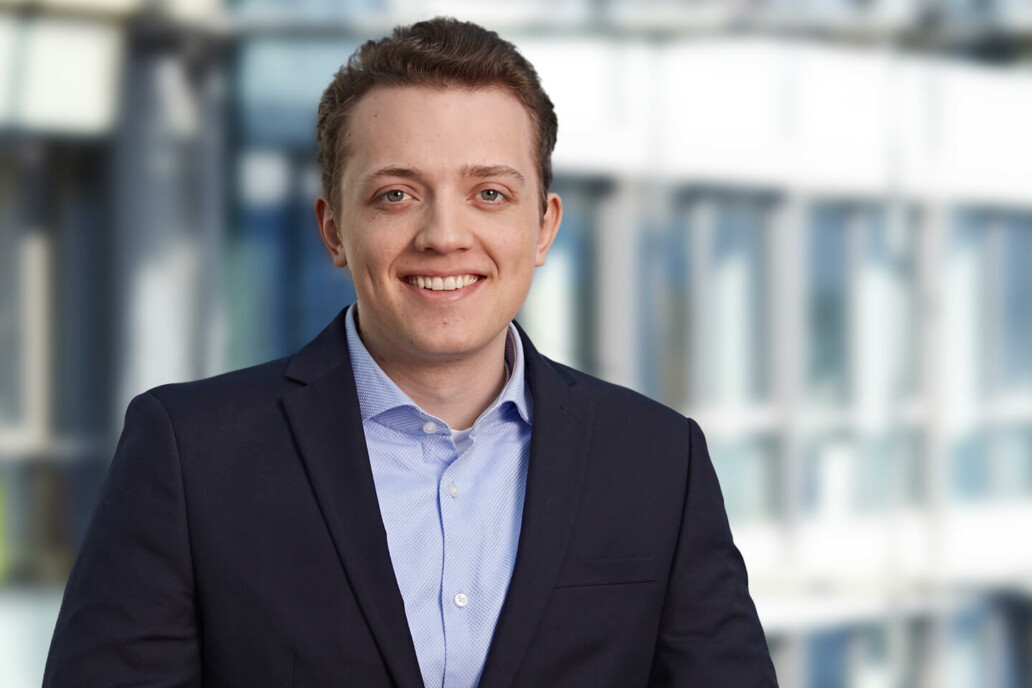
Vita
Konstantin Saure has been a scholarship holder and lecturer at the INZIN Institute since January 2023 and is develops a “Resource strategy for the state capital Düsseldorf” as part of his scholarship at Stadtwerke Düsseldorf. During his Master’s degree, he worked as a research assistant on the state-funded project “WIR!-Bündnis REEgion now – Regionales Wertschöpfungsbündnis Lifelines in NWB”. He completed his Master’s degree in the interdisciplinary course “Energy Efficiency of Technical Systems” at Brandenburg University of Applied Sciences. Prior to this, he completed his Bachelor of Engineering in Mechanical Engineering at the Bonn-Rhein-Sieg University of Applied Sciences.
Dominik Coquette
Month: March 2023
Master of Science (M. Sc.) Mechanical Engineering, specialization in Energy and Process Engineering
Florianstraße 15 – 21
44139 Dortmund
Tel.: +49 152 5178 6053
E-mail: dominik.coquette(at)tu-dortmund.de
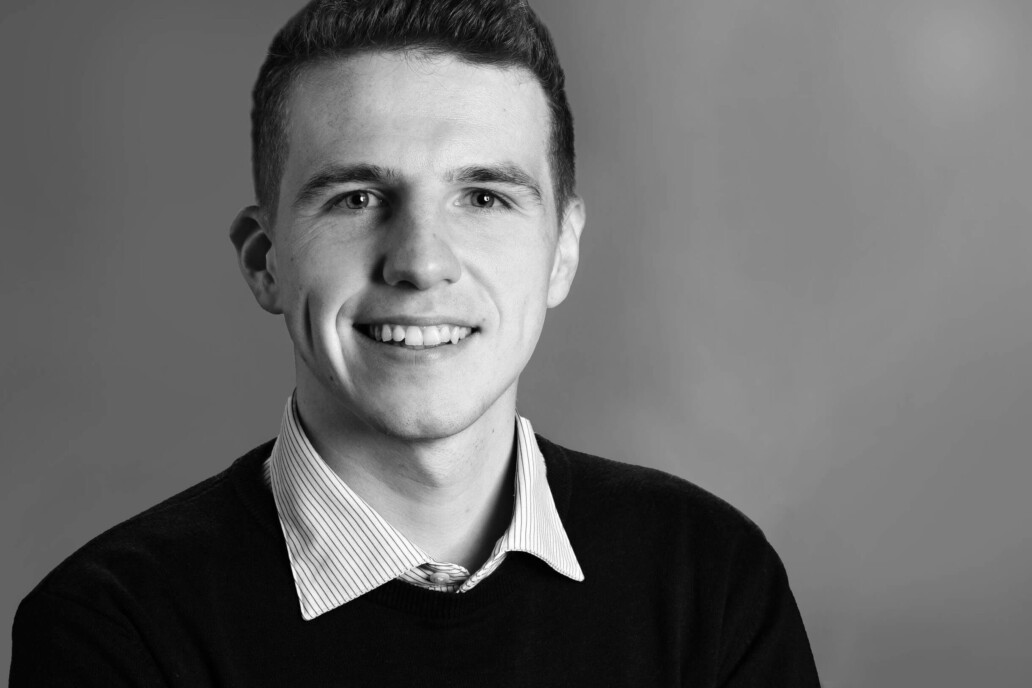
Vita
Dominik Coquette, born in Recklinghausen in 1995, has been working in Asset Management Gas at Westnetz GmbH since May 2019. He has also been a doctoral student at Prof. Dr. Martin Faulstich’s Chair of Resource and Energy Systems since January 2022. Mr. Coquette previously studied mechanical engineering at the Ruhr University Bochum, specializing in energy and process engineering. He focused on energy system considerations and energy storage technologies. He currently works on the integration of hydrogen in future energy networks.
Research topic
Supervision
First supervisor: Prof. Dr. Martin Faulstich, TU Dortmund University
Keywords
Hydrogen, energy infrastructure, GIS-supported planning
Caroline Andersen
Month: March 2023
Master of Science (M.Sc.) Spatial Planning, specialization in Renewable Energies
Technical University of Dortmund
Faculty of Spatial Planning
Chair of Resource and Energy Systems
August-Schmidt-Str. 10
44221 Dortmund
Tel.: +49 231 755-2278
E-mail: caroline.andersen(at)tu-dortmund.de
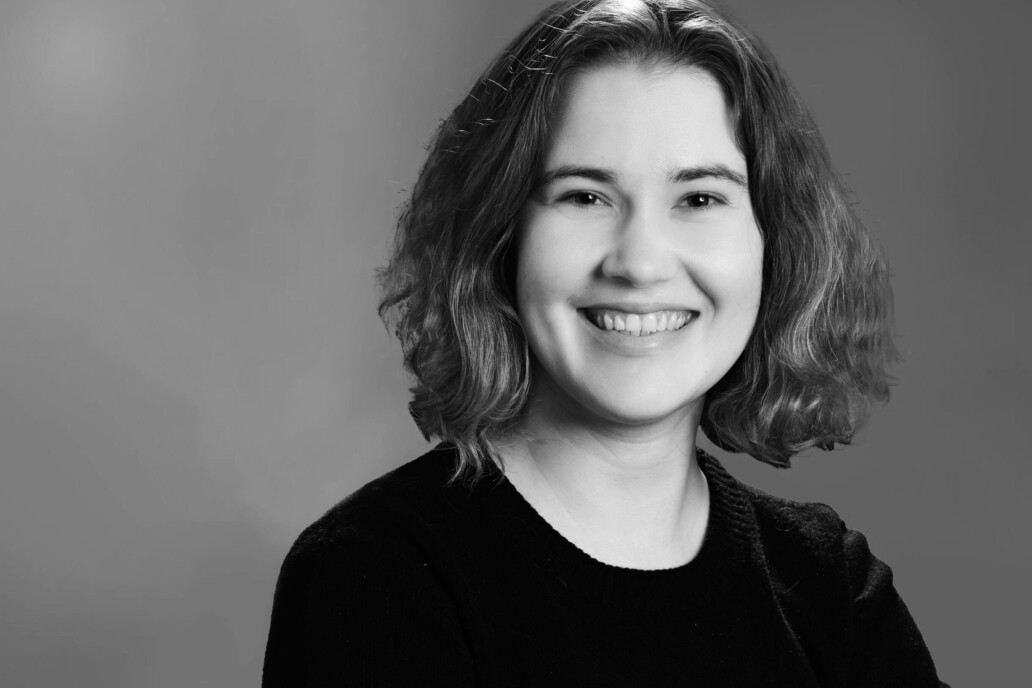
Vita
Caroline Andersen, born 1996 in Aachen, has been working as a research assistant at the Chair of Resource and Energy Systems at TU Dortmund University since July 2022. She previously studied spatial planning at TU Dortmund University and applied geography at RWTH Aachen University. She specialized in renewable energies and urban development. During her studies, she gained practical experience in strategic development planning and concept creation at NRW.URBAN and StädteRegion Aachen.
Research topic
Hydrogen is considered an important key component for the implementation of the energy transition and the process of energy system transformation. Spatial planning models and energy policy objectives must be taken into account for the successive development of regional hydrogen economies. In order to steer development in this direction and identify conflicts of use at an early stage, existing planning instruments must be adapted. Accordingly, a transferable evaluation procedure for the development of regional hydrogen infrastructures is being developed and applied.
Supervision
First supervisor: Prof. Dr. Martin Faulstich, TU Dortmund University
Place of doctorate: TU Dortmund
Keywords
Hydrogen infrastructure, energy system transformation, sustainable energy network planning
Julian Leber
Month: March 2023
Master of Science (M.Sc.), Spatial Planning
Technical University of Dortmund
Faculty of Spatial Planning
Chair of Resource and Energy Systems
August-Schmidt-Str. 10
44221 Dortmund
Tel.: +49 231 755-7497
E-Mail: julian.leber(at)tu-dortmund.de
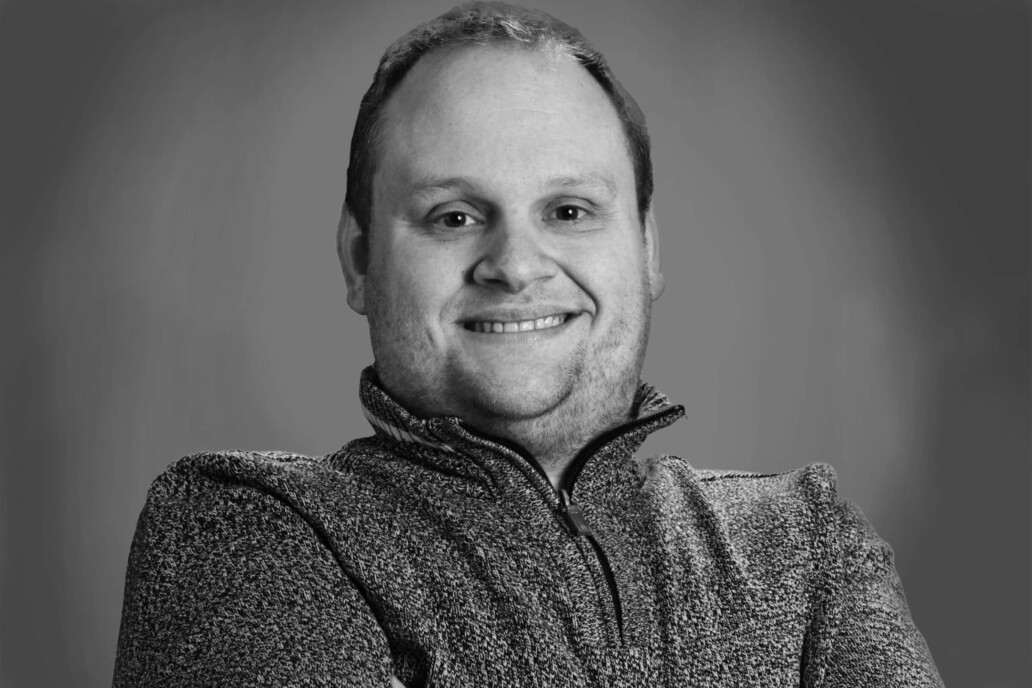
Vita
Julian Leber, born in Duisburg in 1989, has been working at the Chair of Resource and Energy Systems at the Faculty of Spatial Planning at TU Dortmund since April 2022, where he is responsible for coordinating teaching, among other things. He previously worked at the same faculty at the Chair of Landscape Ecology and Landscape Planning. After completing his studies in spatial planning at TU Dortmund University, he focused on the analysis and evaluation of open space provision and open space functions and the link between the areas of accessibility and open space and landscape planning. He also gained a lot of experience in university policy committees. During his studies, he gained practical experience at the City of Dortmund’s Disability Officer and at the STADTRAUMKONZEPT planning office.
Research topic
As a result of demographic ageing, the proportion of people with disabilities is also increasing. Older people and people with physical disabilities are also among the population groups that are particularly vulnerable to the effects of climate change on human health. Due to urban climatic effects, this problem is increasingly evident in urban regions. To a certain extent, open spaces can help to alleviate these problems, as they are highly relevant in terms of climate adaptation and also offer the population spaces for recreation and social interaction. The doctoral project will evaluate the extent to which the five district parks in the Ruhr metropolis are designed to be barrier-free as part of the “Future and Home: District Parks 2020” project. The aim of the research project is to ensure that the parks are accessible and usable for all groups of people in the future in line with the concept of inclusion.
Supervision
First supervisor: Prof. Dr. Dietwald Gruehn, TU Dortmund
Second supervisor: Prof. Dr. Martin Faulstich, TU Dortmund
Place of doctorate: TU Dortmund
Keywords
Accessibility, planning for the elderly, ecosystem services, climate adaptation, open space planning, demographic change
Oliver Huber
Month: March 2023
M.Sc. Geography
Technical University of Dortmund
August-Schmidt-Str. 10
44221 Dortmund
Tel.: +49 231 755-6932
E-Mail: oliver.huber(at)tu-dortmund.de
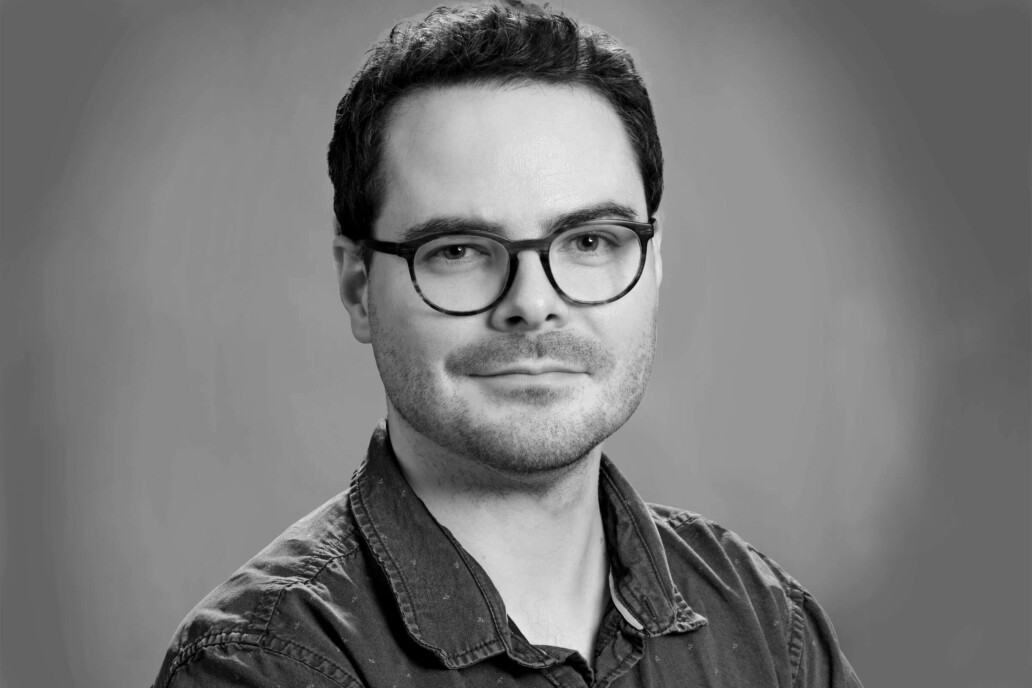
Vita
- Since 2017 Technical employee for traffic simulation and geodata management at the Faculty of Spatial Planning at TU Dortmund for the subject areas VPL and RES
- 2014 – 2017 Software developer at rku.it GmbH
- 2012 – 2014 Master’s degree in Geography at the Ruhr University Bochum Specialization in Geomatics, degree: Master of Science
- 2009 – 2012 Bachelor’s degree in Geography at the Ruhr University Bochum, degree: Bachelor of Science
Research topic
Urban heavy rainfall prevention in times of climate change and big data
Supervision
Prof. Dr. Matthias Kaiser und Prof. Dr. Martin Faulstich
Keywords
Geoinformation systems, urban heavy rain hazards
Sarah Friese
Month: March 2023
Master of Science (M. Sc.)
E-mail: sarah.friese(at)inzin.de
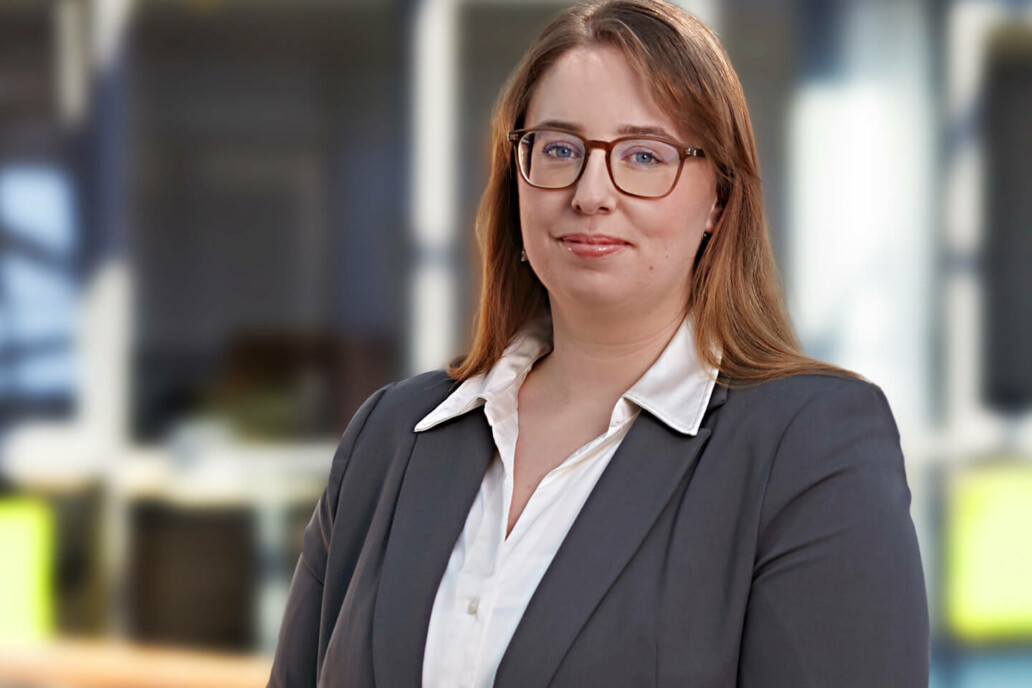
Vita
Sarah Friese, born in Hildesheim in 1993, has been a scholarship holder at the INZIN Institute since May 2022 and works on the project “Model projects of spatial planning (MORO): Shaping climate change and the energy transition – preparatory study for the Spatial Planning Report 2024”. She previously worked as a junior project manager at Thüringer Erneuerbare Energien Netzwerk (ThEEN) e.V. (Thuringian Renewable Energy Network). As part of this competence network, she was responsible for the association’s work, the organization of specialist events and the project management of smart city and environmental heat projects. From 2018 – 2020, she completed a Master’s degree in “Renewable Energy Management” at Erfurt University of Applied Sciences after completing her Bachelor’s degree in “Industrial Engineering for Sustainable Technologies” in 2018.

